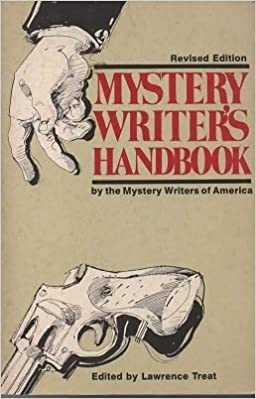Sometimes a story, scene, or chapter isn’t working as you wish. Sometimes a completed story doesn’t have the oomph! you want it to have.
Here’s a suggestion for getting your story, scene, or chapter working as it should.
Write a one-line summary that tells your story
Let’s say (for example purposes) we’re working with a completed short story. We recognize the story is flawed but are unsure what the flaw is. We write the one line summary Man with a painful past hopes for a better future.
That’s a start and, if that’s the entirety of the story, the flaw (from a StoryTelling perspective) becomes obvious: it’s cliched.
“Hoping” for a better future but doing nothing to get that future makes a character pitiable (maybe) at best. They are the person who complains about their life but does nothing to change it.
Not interesting (especially if it’s the main character in the story).
Rewrite the one-line summary to include some action on the main character’s part which indicates that character is working towards a better future; Man with a painful past sees opportunity for a better future.
Okay, better but still not much and still cliched. If the character sees an opportunity then the reader must share that experience. But if the character doesn’t act on what is seen, they’re even more pitiable than before, possibly a coward, and probably someone the reader would avoid in real life.
Not good.
Make sure your summary includes the threat/challenge/possible loss to the main character if they don’t change!
Greetings! I’m your friendly, neighborhood Threshold Guardian. This is a protected post. Protected posts in the My Work, Marketing, and StoryCrafting categories require a subscription (starting at 1$US/month) to access. Protected posts outside those categories require a General (free) membership.
Members and Subscribers can LogIn. Non members can join. Non-protected posts (there are several) are available to everyone.
Want to learn more about why I use a subscription model? Read More ch-ch-ch-ch-Changes Enjoy!



